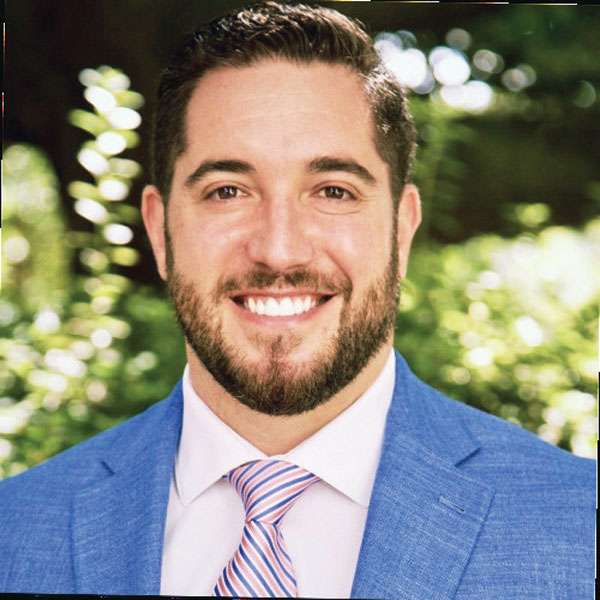I was not shocked to read the latest news of scandal involving wealthy, powerful, and famous parents employing nefarious scam artists to help their children gain admission at prestigious colleges around the country. Amidst the current national zeitgeist, one might believe that only a few top colleges and universities are “good enough” and that admission to one of those schools must be pursued by any means necessary. But those of us who work in higher education know the truth: there are many more than just twenty-five or even fifty great colleges in America, and the majority of institutions don’t require cutthroat competition or generous donations to gain admission.
What really matters is the “fit” between a student and an institution, and there are myriad dimensions to examine the ways students and colleges fit one another. Just as the savvy high school student, parent, or guidance counselor can (and should) look beyond the rankings, college admission professionals see applicants as more than just grades and scores. Each year, when we review applications, we’re looking not for perfect students but rather ways to craft the perfect class, which can mean very different things in different years. We might need swimmers for a new athletic program, or more artists to fill our new visual arts studios. We’re certainly seeking diversity, in all definitions of the word, to create a class that reflects the demographics of the state and the world that our graduates will shape as future leaders.
When considering post-graduation outcomes, even the most prestigious achievements a college senior can win are shared well beyond just a few colleges. While about half of the 2017 American Rhodes Scholars hailed from “elite” colleges, the others attended academically excellent institutions including Millsaps (which has produced two Rhodes Scholars in the past four years), Hunter College, the University of South Dakota, and the University of Illinois—colleges and universities that admit students based on their past achievements AND their future potential.
If you want to think beyond the big brand names on the usual ranking lists, a great resource is the book “Colleges That Change Lives,” or CTCL.org, a companion website focused on schools, including Millsaps, that provide an exceptional undergraduate education. The book was written by retired New York Times education editor and journalist Loren Pope, a longtime student advocate and independent college counselor who sought to change the way people thought about colleges by dispelling popularly held myths and challenging the conventional wisdom about college choice. As a CTCL school, Millsaps provides students with an unparalleled educational value through a combination of academic excellence AND affordability.
Finding the “fit” is far more important than buying prestige, and it’s what ultimately benefits a student the most in the long run. The knowledge, experiences, and mentors that students gain at a place like Millsaps provide a better return on investment than paying someone to take an entrance exam. DBJ
Dr. Robert Alexander is vice president for enrollment and communications at Millsaps College in Jackson.

